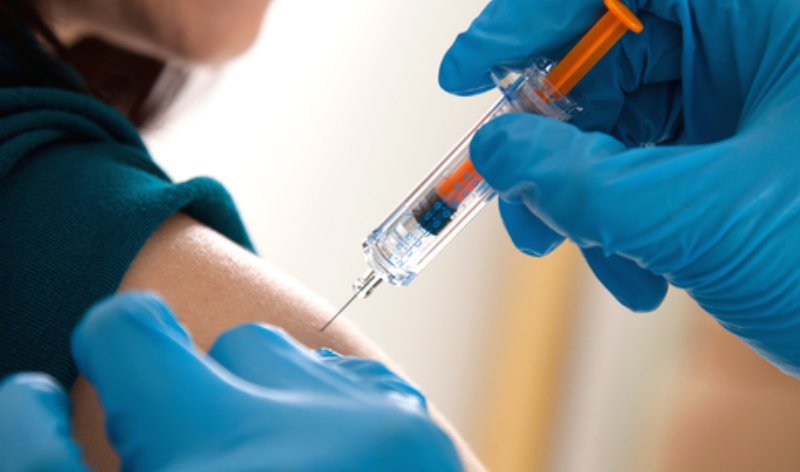FIND, ILBS calls for joint action against hepatitis
July 23, 2019 | Tuesday | News
The “Delhi Model” is a comprehensive guide highlighting best practices adopted to address hepatitis C elimination through the HEAD-Start project (Hepatitis C Elimination through Access to Diagnostics) in New Delhi
image credit- mdlinx.com
The Foundation for Innovative New Diagnostics (FIND) and the Institute for Liver and Biliary Sciences (ILBS) organized a daylong conference ‘Marching together to achieve Hepatitis C elimination – targets and action’ in New Delhi as a run-up to World Hepatitis Day 2019.
The conference saw the launch of the “Delhi Model” – a result of the HEAD-Start project, which highlights that decentralized screening and treatment management at the primary health care level is the way forward for tackling HCV in Delhi.
The ‘Delhi Model’ underpins the work undertaken by FIND and ILBS under the guidance of the Directorate of Health Services (DHS), Department of Health and Family Welfare, Government of NCT of Delhi. The booklet and a poster on HCV awareness were released by Mr Vikas Sheel, Joint Secretary, Ministry of Health and Family Welfare, Government of India along with other dignitaries on the dais. The event will be followed by hepatitis C screenings camps across polyclinics under the Head-Start project.
Dr S K Sarin, Director, Institute of Liver and Biliary Sciences (ILBS) said, “The implementation of the HEAD-Start project in Delhi has been possible, thanks to the support of FIND and the Government of NCT Delhi. ILBS has a great team which combines medical and operational capabilities. I would like to reiterate that we need to use elimination as a target and not just control. ILBS has taken a few steps – we are a WHO Centre for NVHCP – but we need to do more and reach out to unreached areas. So far, we have trained 4500 health workers and are running programmes for doctors on liver therapy areas through live cases and demos. ILBS would also like to offer our services through the UNAIDS to the African countries and Nepal. The Delhi Government has been a significant ally in all our initiatives – our steps are just a small drop as of now, so it is essential to march together as the journey really starts now.”
Acknowledging the combined efforts of organizations like ILBS and FIND, Dr Vikas Sheel, Joint Secretary, Ministry of Health and Family Welfare said, “While access to basic treatment services is available, we intend to take this initiative further down to sub-district level, starting with all district hospitals, then block and PHC levels. We are going to start our national toll-free helpline for both TB and Hepatitis from 28th July 2019 to enable people to know more about the diseases and access treatment services. We are aiming to establish a patient registry service maintaining patient confidentiality through our website with the support of all key stakeholders. All these joint efforts (HEAD-Start project) should reflect on the NVHCP portal – we need to do more on surveillance to control new infections and provide treatment to existing patients – all of us need to work together in this endeavor. Some of the key challenges before us are tackling stigma, providing varied solutions to empower people with information and treatment access. Injection safety is another key issue especially w.r.t to informal service providers – we, therefore, need practical solutions – convergence among various government progammes is also essential. Lastly, there needs to be a mechanism so that stakeholders come together more often to share ideas, best practice models along with the engagement of the private sector.”
Dr. Sanjay Sarin, Head of FIND India said “over the last few years, there has been a significant transformation in hepatitis C treatment with the availability of all oral, potent and well-tolerated DAAs which has made it possible to achieve treatment cure rates of more than 90%. Access to accurate, rapid and inexpensive HCV diagnostics, however still remains a challenge. Through the Delhi Model under project Head-Start, we are providing access to HCV screening, diagnosis and treatment through an innovative decentralized model to the general population.”
The different sessions of the conference focused on the interventions of the National Viral Hepatitis Control Programme (NVHCP), defining targets for public health initiatives and laboratory diagnosis of HCV. A special session was devoted to innovations in viral hepatitis testing and linkages to care.









